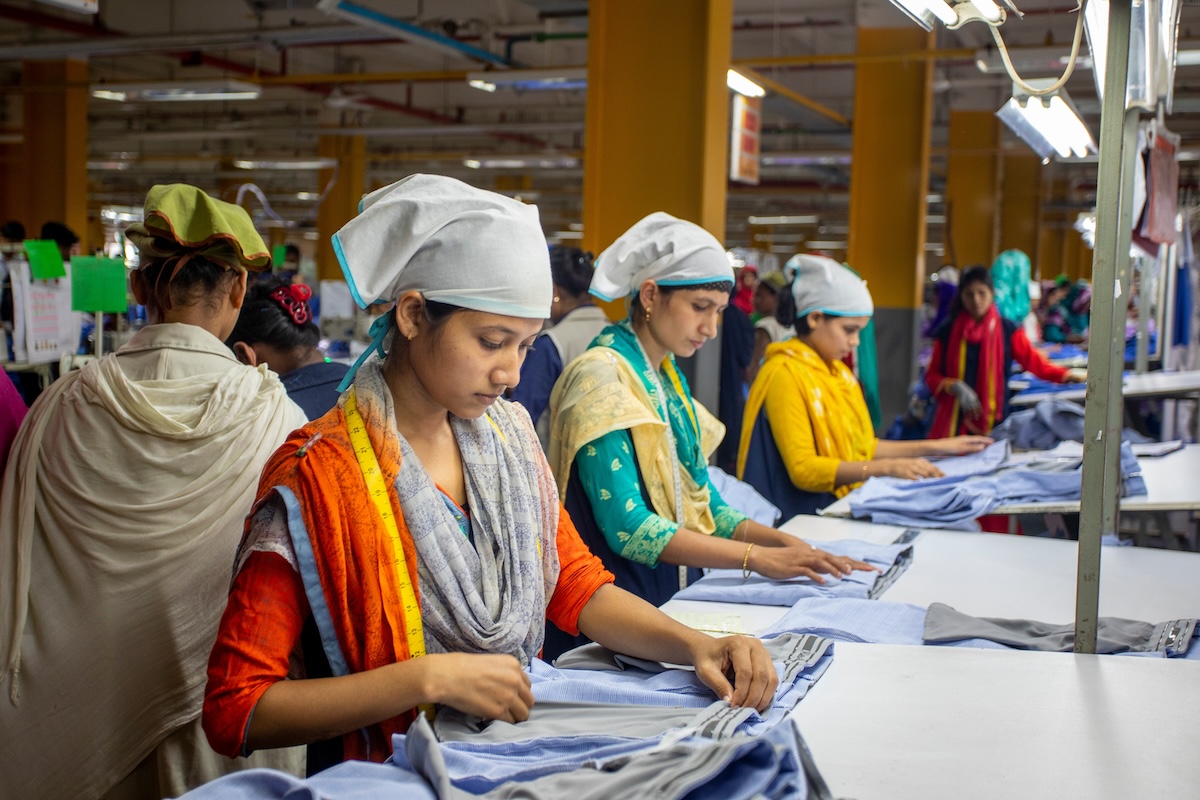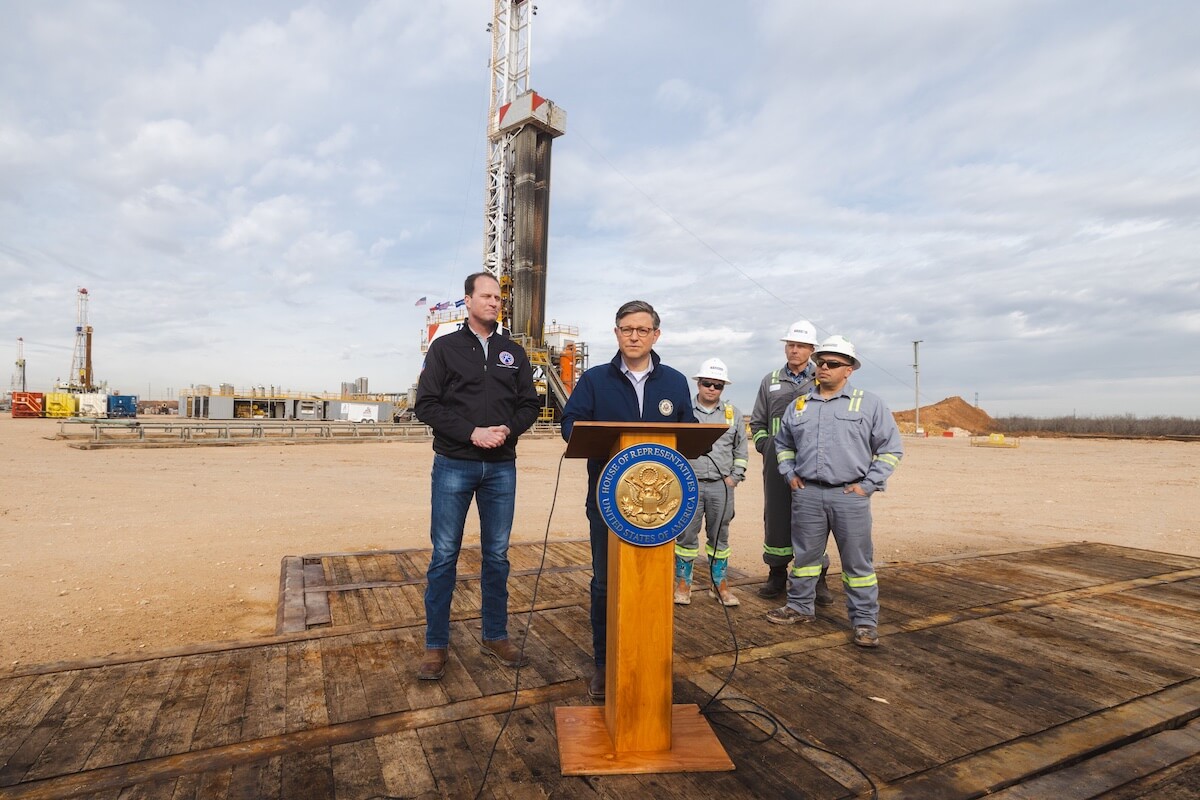ImpactAlpha, April 7 – Investors, non-governmental organizations and civil society groups are increasingly pressuring African businesses to shift to more responsible ways of doing business. Across the continent, environmental, social and governance, or ESG, considerations are gaining traction in boardrooms and among traditional asset managers.
That’s a shift. Until a few years ago, the focus for Africa’s homegrown companies and investment firms was on short-term maximum returns.
Africa’s youthful population, under-invested social infrastructure like schools and hospitals, water and sanitization, fragmented and low-tech agriculture sector, growing infrastructure and energy demands, and fintech explosion offer attractive opportunities for impact-focused investors.
In Kenya, a group of pension funds last year established the Kenya Pension Fund Investment Consortium, or KEPFIC, with the aim of mobilizing $1 billion for capital-intensive infrastructure projects.
“Infrastructure projects are key enablers of economic development and attainment of sustainable development goals,” says KEPFIC’s chair, Sundeep Raichura, CEO of Zamara Group, a pension fund manager in Nairobi.
Raichura says KEPFIC is following the approach of South Africa’s Old Mutual Alternative Investments, one of Africa’s largest private alternative investment managers. OMAI, which manages a portfolio of 194 companies and $3.4 billion in assets, invests in long-term community assets that deliver both a financial return and high social impact, such as housing, schools, and essential infrastructure for transportation, power generation and telecommunications.
Simon Wafubwa of Nairobi-based pension fund manager Enwealth Financial Services adds that there is intensifying social pressure driving the shift to ESG and impact investing among Africa’s businesses and asset allocators.
“Citizens want responsible companies, period,” Wafubwa says. “This means that even for us fund managers, we have to invest sustainably.”
Growth potential
There is plenty of fertile ground for impact and ESG growth in a region that many still consider the “last frontier” for global economic growth. Sub-Saharan Africa accounts for 17% of the global population but contributes only 3% to the global GDP. Until the COVID-19 pandemic took hold, some countries on the continent were seeing 6% growth, according to the International Monetary Fund. It is expected to bounce back to about 3.4% this year.
With global institutional investors integrating longer-term global sustainability and environmental goals into their investment philosophies, more African companies are following suit.
“We are seeing an increasing number of general partners adopting ESG policy and limited partners from pension funds to family offices asking them to follow those principles,” says Abi Mustapha-Maduakor of the African Private Equity and Venture Capital Association, which includes more than 100 investors, fund managers, development finance institutions and professional services firms. “In this environment, impact investment is likely to feature more prominently in Africa.”
Mustapha-Maduakor said the COVID-19 pandemic has created opportunities for African entrepreneurs to supplement government efforts to provide social services. “We see opportunities to invest in commercially as well as socio-environmentally sustainable businesses in the healthcare, education and critical infrastructure sectors.”
Africa’s agriculture sector, for example, accounts for 23% of the region’s gross domestic product and employs more than 60% of the population. Yet Africa imports $35 billion in food annually, and many places grapple with persistent food insecurity. AVCA research shows that $80 billion in investment is required annually until 2050 for Africa to support its growing food demands.
Intention aside, many African enterprises face difficulty meeting the impact investors’ reporting requirements for financial record keeping, human resource management, governance and marketing. This is largely because the majority of companies on the continent are small and medium-sized enterprises and lack sophisticated back-end business management systems and governance structures. Even fewer have formal sustainability policies.
“This misalignment prevents impact investing from gaining more traction on the continent,” Mustapha-Maduakor says.
Beyond tradeoffs
Brett Wallington of Impact Capital Africa, an ESG advisory firm based in Johannesburg, says the outperformance of ESG-based funds is helping change executives’ historical perceptions of a financial trade-off for sustainable business practices. Impact Capital Africa has introduced an ‘investment grading’ tool to “help investors make prudent decisions,” and strengthen ESG due diligence, he says.
Last year, Norfund exited Zambian hydropower company SN Power for nearly $1.2 billion, registering a 19% internal rate of return. “The deal exemplified delivering profit and enabling significant social and economic development,” Norfund’s Tellef Thorleifsson said in a statement.
CrossBoundary Energy gave its investors a full exit and a 15% return when it sold its 40-megawatt off-grid solar portfolio to ARCH Emerging Markets Partners in November. The exit became a proof-point for the viability of rooftop solar for Africa’s commercial and industrial users.
Such examples are encouraging conservative and risk averse pension funds in sub-Saharan Africa to diversify their asset classes to sustainable investments as well.
Governments across the continent have been slow in enforcing sustainable business practices through policy and legislation. But for some investors, dialing up their ESG commitments is a matter of survival. Fossil fuels, mining and some manufacturing businesses are confronting an ever-shrinking pool of willing investors.
For example, banks are coming under pressure not to finance a $3.5 billion crude oil pipeline by France’s Total E&P and China’s CNOOC of China in East Africa. Standard Bank of South Africa, which has been leading fundraising for a $2.5-billion loan for the project, announced that it would rethink its position.
John Njiraini is a Nairobi-based correspondent for ImpactAlpha.











